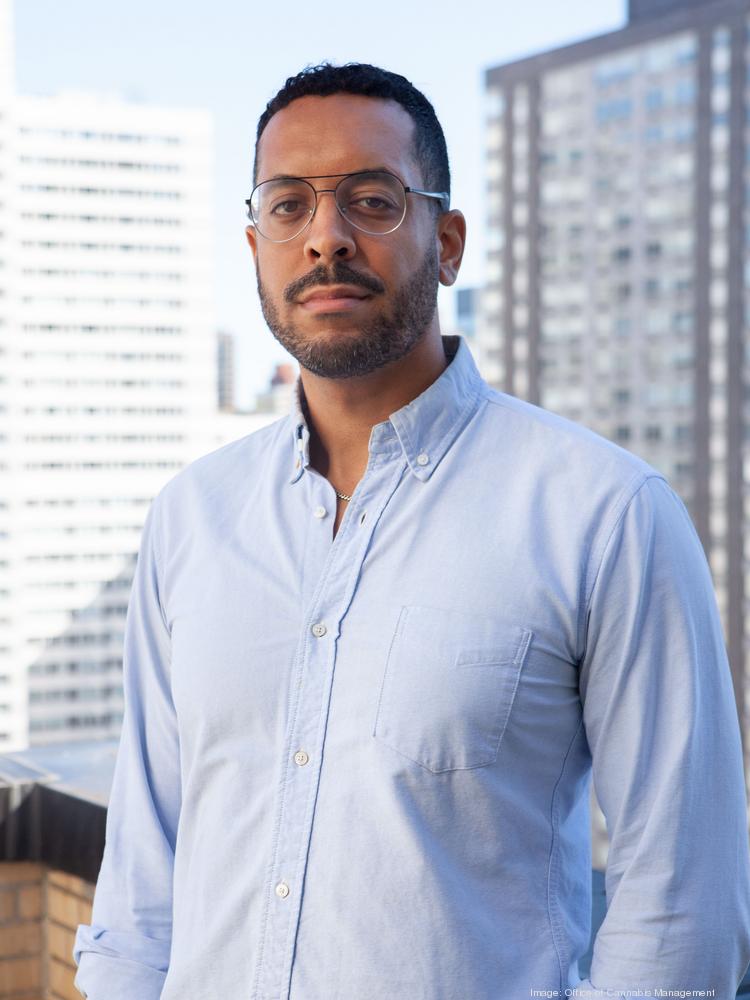About his role as Chief Equity Officer
The number one thing I can say about myself in this position is everything I’m coming up with, everything I’m proposing, and everything I’m pushing for internally is the result of years of talking to social equity operators and activists in more mature markets.
I got tapped in a few years back with social equity advocates out in California, Michigan, [and] Colorado, and was on basically like weekly calls with a bunch of different groups, learning about their roadblocks, their setbacks, what the state[s] and [cities]and municipalities were doing in their areas that was working and [what] wasn’t working.
Is NY preventing MSO’s from entering?
When it opens up next year, where there’s absolutely no universe in which New York is going to be blocking this opportunity from large-scale operators. They will have to adapt their business models to whatever the regulatory environment [is] that we end up creating here in New York.
We welcome experienced operators to come here and provide great products to New Yorkers. That absolutely is a priority for us. The cannabis industry’s hard, and so I’m not going to sit here and pretend that this is rocket science. I think that there are people in the cannabis industry across this country that would like the rest of us to believe that this is an impossible thing to do without them, but it’s not. It isn’t. But again, like, we’re not blocking [the] opportunity for many of those—for any of those—MSOs to come to New York and build their businesses out here.
Is NY preventing MSO’s from entering?
In state after state, you’ve seen state officials rush through this process and deputize the medical operators to go first and then open it up to just pro applicants who are ready to start building out facilities immediately. There’s no turning the dial back on that later.

Damian Fagon, Chief Equity Officer
And so, the way you start an industry, the way you launch the foundation of a legal industry that is going to be here for a hundred years, is you should take your time with it. You want to be intentional and deliberate with every single regulation that you put in place.
Is this necessary? Is this not necessary? What kind of outcomes will happen if we make this a requirement? … These should take time. I liken it to building a bridge, an infrastructure project like [a] bridge. You want that bridge to be there for a hundred years, [so] you have to do a lot of engineering and planning before you start laying the foundation of it.

Editors’ Note: This is an excerpt from our Monthly Playbook. If you would like to read the full monthly playbook and join the thousands of others you can sign up below.


